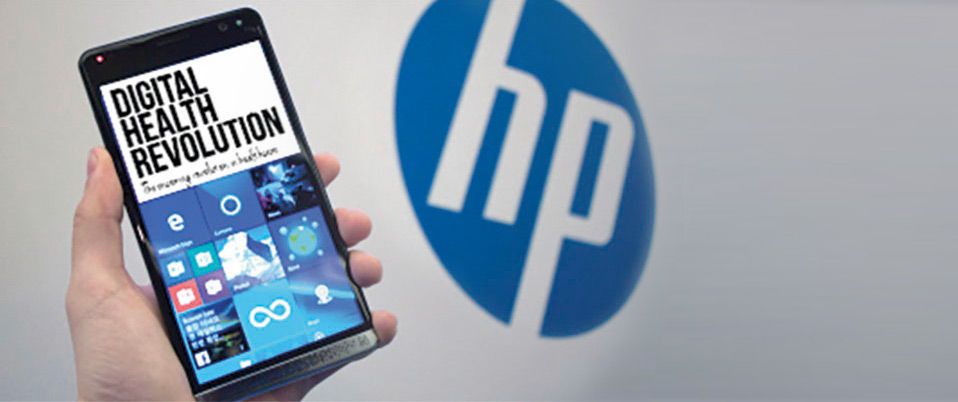Blended Reality is a versatile concept that can be extended from the physical and digital worlds to the chemical and biological world. In the convergence of healthcare diagnostics and digital health, it can play a fundamental role: the transformation of human biology, real-world parameters into digital data to obtain contextual health information and enable personalized drug treatments. The fusion of microfluidics, edge computing and commercial mobility with diagnostics, digital health, big data, precision medicine, and theranostics will disrupt existing, established structures in our healthcare system. This will allow new models of partnerships among technology and pharmaceutical industries (see fig. 1).
From the very beginning of mankind, healthcare was purely empirical and mostly a combination of empirical and spiritual skills. While access to cures was exclusive and very limited, the success rate was not very high in most cases. During the Renaissance a systematic exploration of natural phenomena and physiology laid the scientific foundation of modern medicine. A real breakthrough in quality and access to healthcare services has taken place in the past 150 years as an aftermath of the Industrial Revolution. It brought significant advances in science as well as societal changes: expanding government-granted access to the establishing working classes as the main human capital of the industrialization process in the Western Hemisphere. Keeping a business employees healthy became an indispensable prerequisite to increasing the national economic output and well-being on a societal level.
